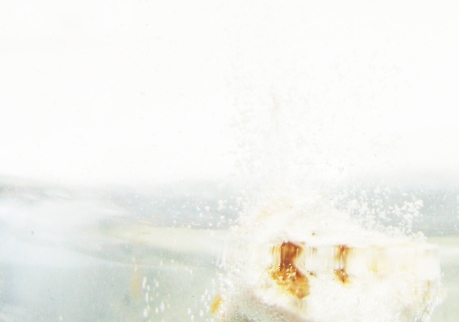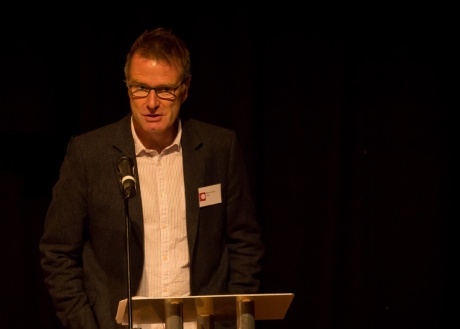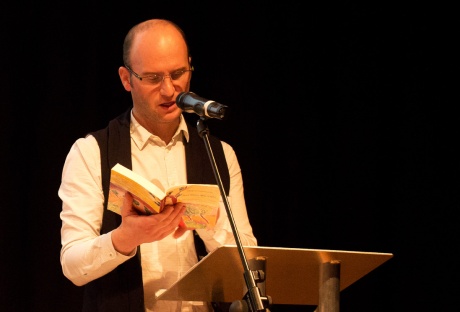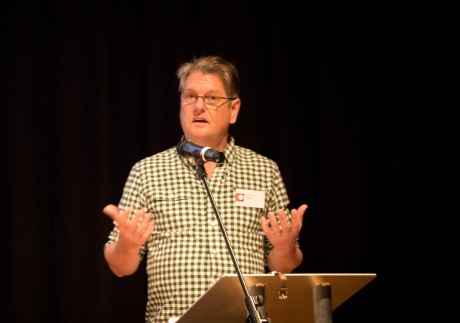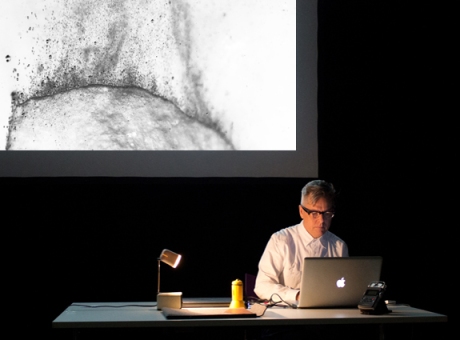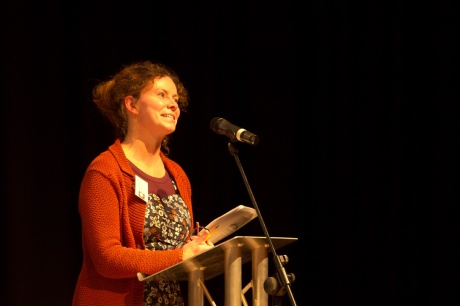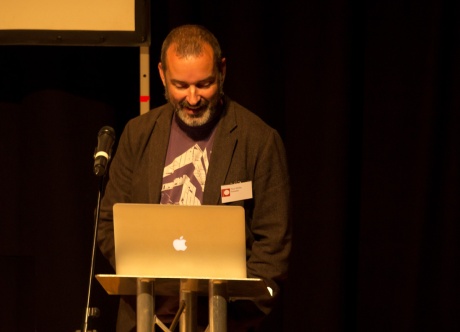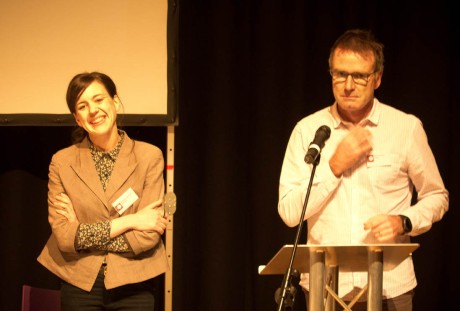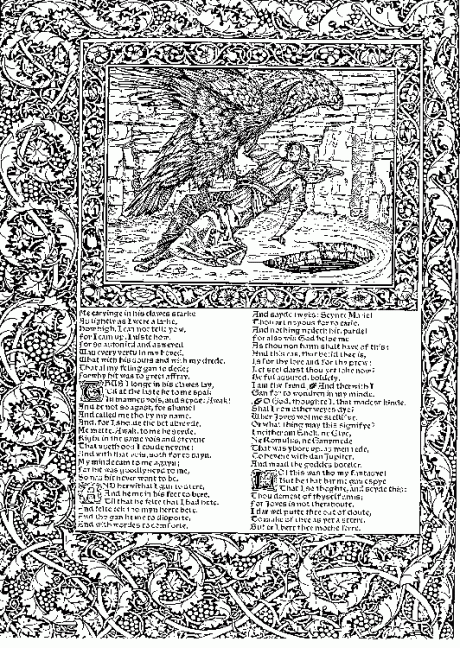

Last year the writer and curator Jodie Dalgleish wrote an essay in response to the symposium: chalk: time ,sense and landscape A ‘summary, interpretation and inquiry’ of the sounds, images, and themes of the day, the essay was published in EyeContact and a transcript of the full essay is available here: Time Sense Landscape Essay: Jodie Dalgleish
Jodie has subsequently been working on a ‘sonic continuation of my recall and consideration of the one-day Symposium’, weaving sounds, thoughts and voices into a series of audio essays or reveries. The first ‘mix’ is now available and includes sounds and voices from the short award winning documentary, Notes on Blindness, which introduced the day. The film, based on John M. Hull’s autobiography of sightloss Touching the Rock (1990), has subsequently been made into a feature length film (of the same name) released in cinemas across the UK on the 1st July. The spoken thoughts of Dalgleish mingle with fragments of the film’s soundtrack, Prof John Levack Drever’s keynote address reflecting on John M. Hull’s writing and Nick Thorpe’s archaeological dig through the neolithic monuments and rituals of the chalk landscape. The sonic landscape concludes in dripping fragments of my own talk and the performance of rain choir.
Time, sense and landscape mix 1, by Jodie Dalgleish is available here.
Audio transcripts of all the contributions to the symposium will be made available later this year. If you are interested in learning more about this or would like a programme from the symposium please contact me via this website.
